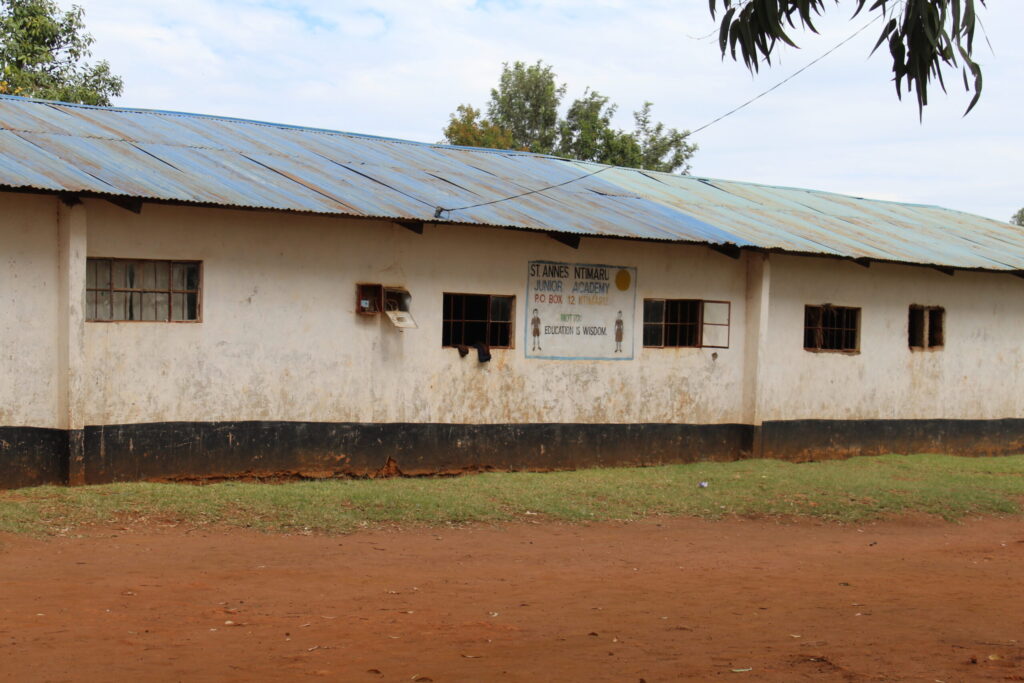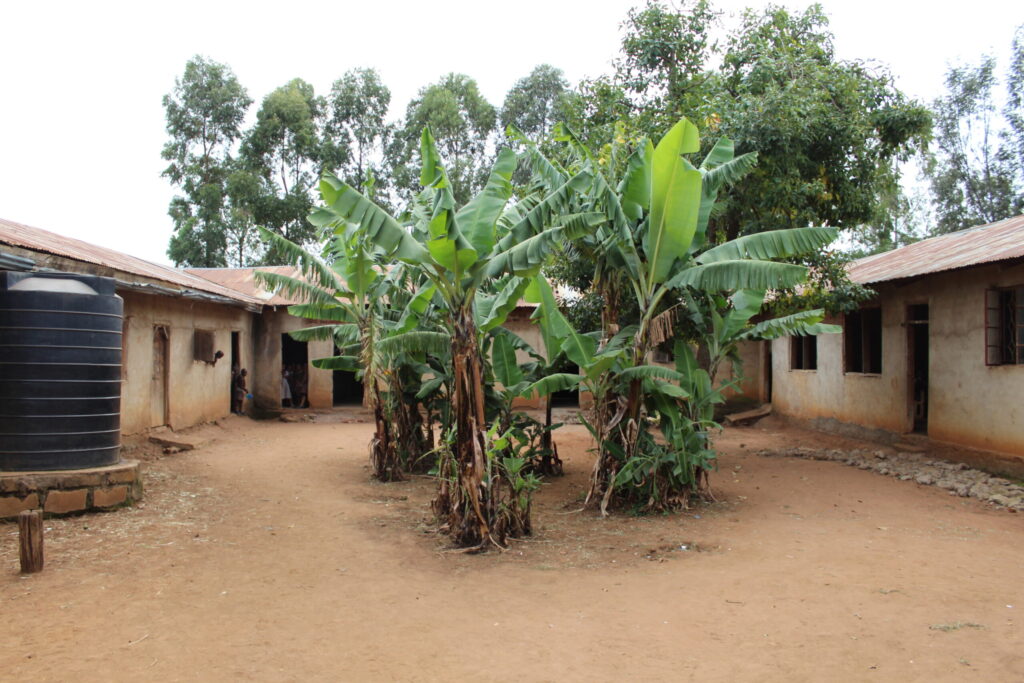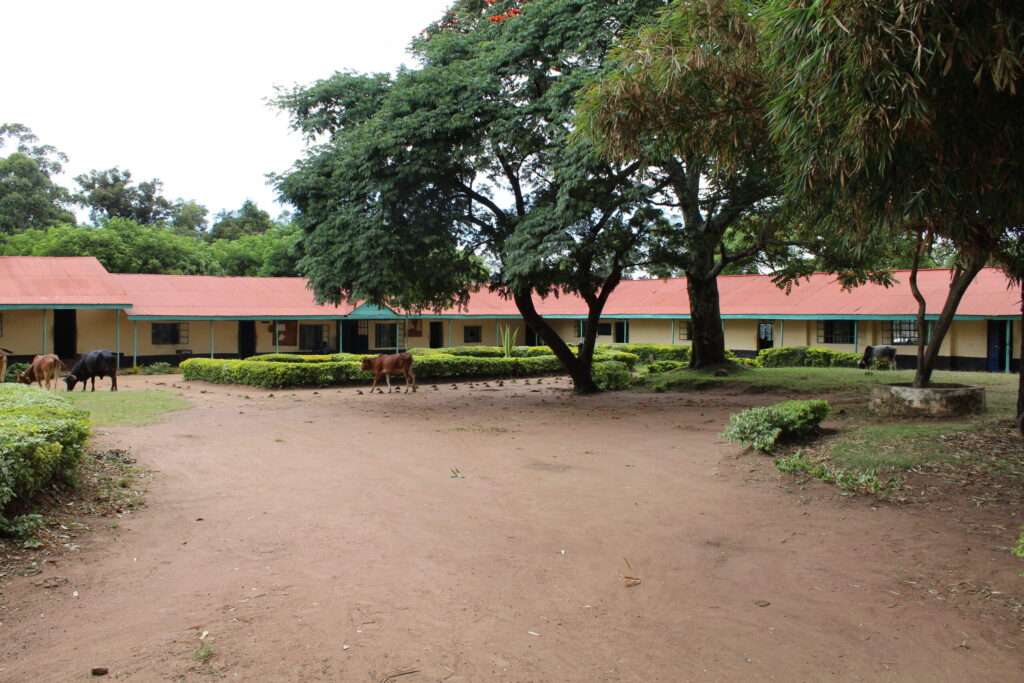I had spent most of my life in educational institutions of one sort or another, and it was a natural draw for me to visit schools, become friends with teachers, and associate with people for whom also education forms a huge part of their life. Everywhere I lived families had children and the majority were going to school, children aged 2 and up. I visited many schools at all levels, but principally primary and tertiary ones. I spoke with students by the classroom, and also individually, sometimes in a repeated fashion over the course of years and or decades. My closest friends, including many of my family, are teachers. A student from my field site graduated from Bennington College.
I have done extensive research in the educational sector, on the local, up to a (currently) sublocation level. These data are longitudinal (collected in the 1980s, 90s, 00s, and the 10s), and cover a range of topics including enrollment, retention, expense (institutional and individual), class sizes, and a number of other quantitative instruments. Though they are not as extensive, the qualitative data on education are a product of observation, participant observation, and interviewing and or conversations with a wide range of people. In the past decade and a half, a tremendous demand for private primary education has led to a major shift both in desirability and cost borne by parents and older siblings to secure private education for children or siblings. The public school sector has a huge dominance in educational spending. A significant share of the national budget is spent on education.
My work at a tertiary institution in the U.S. is my daily, constant and ongoing contact with higher education. My research in this realm has focused on study abroad programs, specifically in East Africa. Though much of the research in the two locations is divergent, they both share a couple of interests. One is the variety of ways people know. And another is raising the awareness of the underlying agenda of many sources of information. Education is the main source of hope for many people in the parts of the world I live in as a means to betterment. What does better education lead to? Who is the judge? How is the cycle realized and what does benefit look like? For a number of years, I have been collecting local and national data on private, for-profit education in Kenya. As a part of this, with the assistance of Mohammad Haroon, I have created a database on specific markers within the public education sector in Kenya.
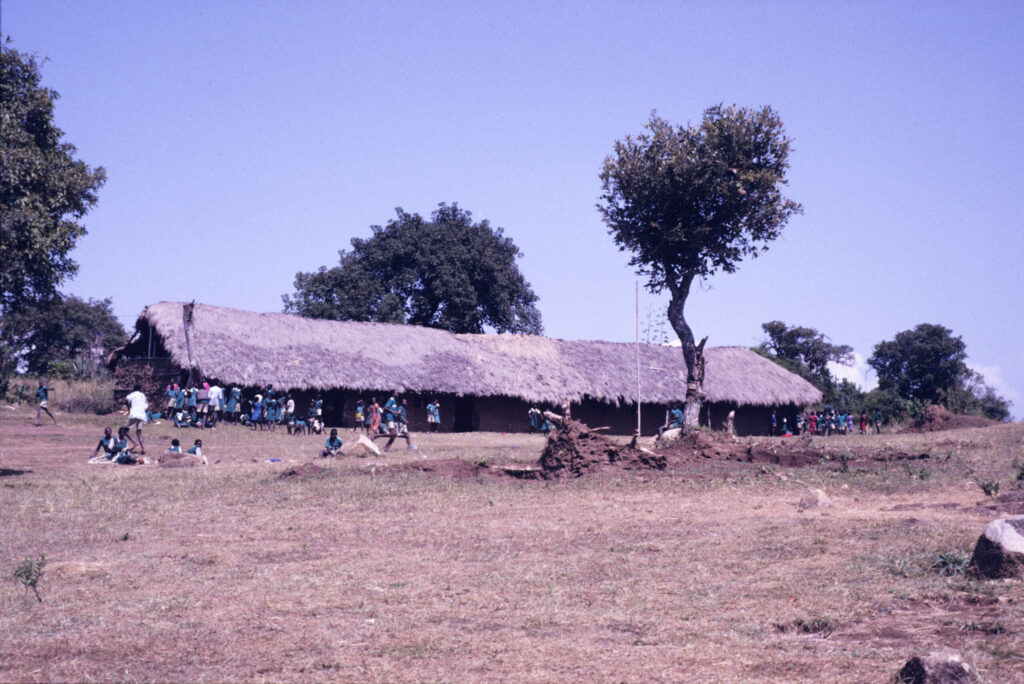
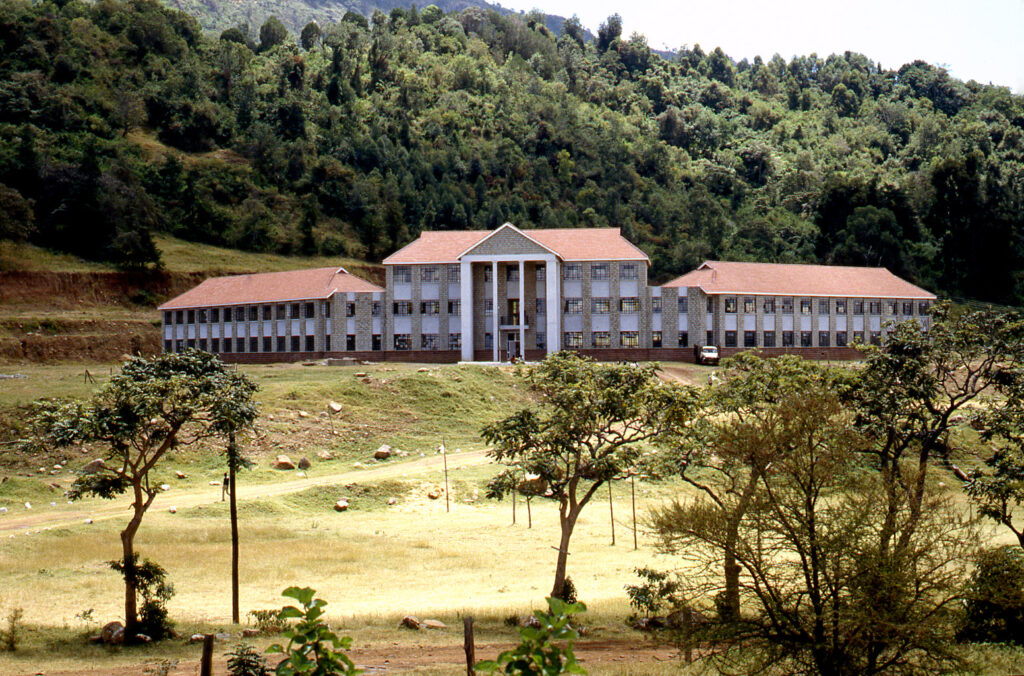
My interest in the study of non-government organizations isn’t limited to schools. I am also curious about the workings of NGOs, both as institutions and as players in setting priorities in everyday life options open to people. I have studied church groups and humanitarian organizations, in the past and in the present, and received funding to investigate communication between “stakeholders.” In 2013, a Davis Educational Foundation grant allowed me to do preliminary research on “The Power of Language: Communication, Miscommunication, Deception and Self-deception in International Discourse” aimed at pursuing questions of how effectively representatives of different cultures negotiate meaning regarding cultural practices (e.g., FGM, care for orphans) they do not share. I was unable to secure further funding to continue this project.
In conducting research, methods are a predominant concern, as each approach is bound to reveal different kinds of data and views of what is being studied. My training as an ethnographer began when I moved as a child from the Czech Republic to Pakistan, and in the subsequent eight years was immersed with my family into a new culture and society. It is later that I came to the United States and began study that led to my becoming an anthropologist, studying at the anthropology/sociology department at Smith College. Formal training continued in the anthropology program at Yale University, followed by a three-year post-doctoral fellowship in demography at the Research School of Social Sciences at the Australian National University in Canberra. Most recently I refreshed and renewed on statistical methods at the Duke University Marine Lab at Piver’s Island, North Carolina, learning how to use R, with help from Daniel Hruschka and David Nolin in conceptualizing a structure for analysis of the longitudinal data from Kenya.
In the course of my education I have worked as a research assistant in many contexts—as an undergraduate student with Elizabeth Hopkins in Northampton, MA, at the East Caribbean Common Market Secretariat in Antigua, and with Bill Kelly in New Haven. I learned to work with library and other mostly textual sources.
In my work I employ mixed methods approaches, determined by the topic and opportunities. I rely heavily on participant observation and interviewing but equally on quantitative measures. I always work with research assistants in the field. I also study and practice the methods of peace builders, methods I have learned through Quaker conflict resolution training; though courses at the Eastern Mennonite University, at the Holocaust Center at Keene State University, and at the Center for Peacebuilding in Sanski Most, in Bosnia and Herzegovina.
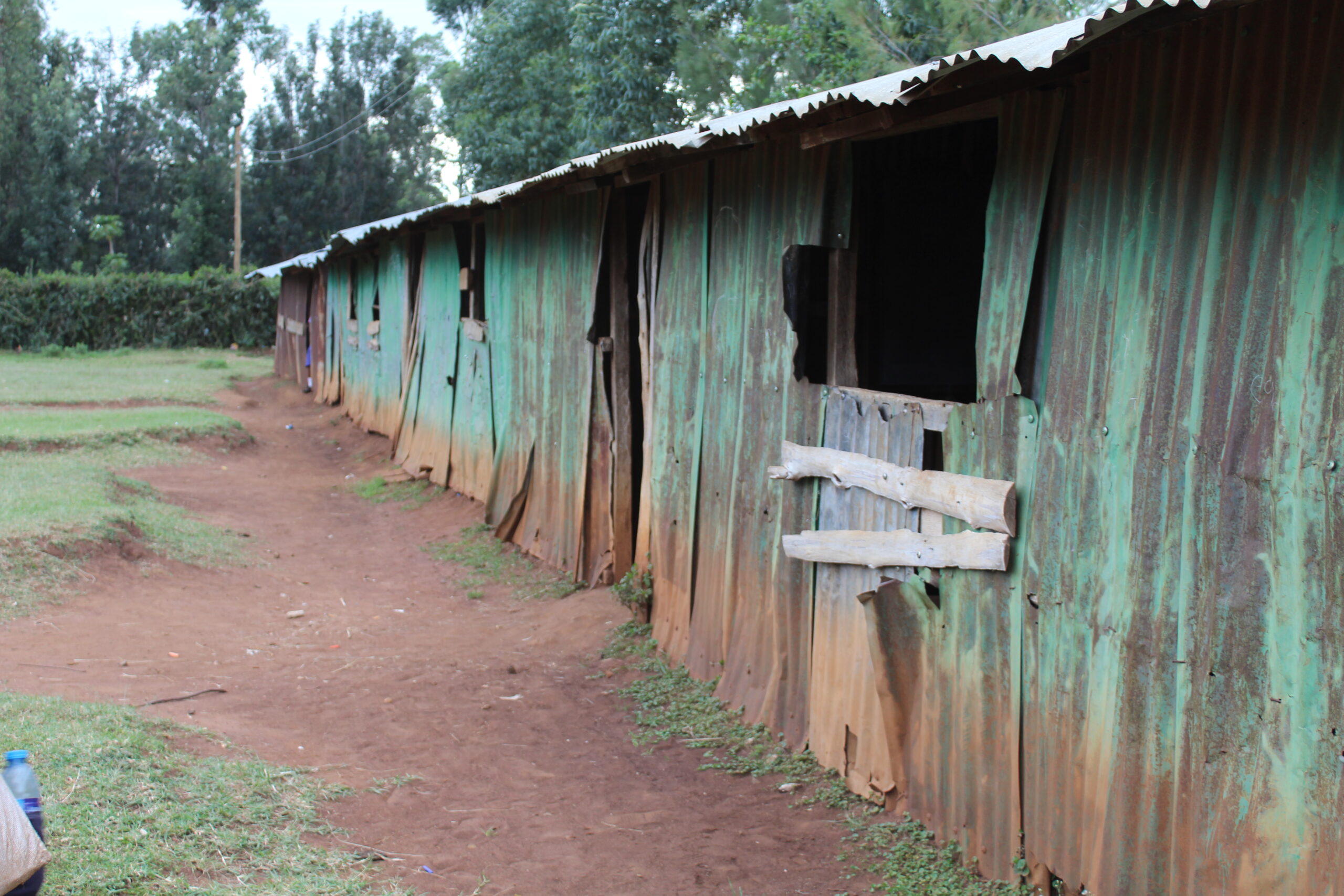
Courses taught
- Learning from People
- From an Indigenous Point of View: Voices and Words of Cultures of the World
- Anthropology of Art
- Reading the Body
- (Re)Presenting Culture through Ethnographic Film
- Cultural Localities I and II
- Exploring the World through Research
- AIDS Activism in Africa
- Studying Place by Metes and Bounds
- Qualitative Research
- Advanced Research Seminar in Society, Culture and Thought
Publications
Papers and Talks
“Ways of Going to School, Ways of Knowing through School: Manifestations of Compulsory Education in Contemporary Kenya” in session on “Ethnographic Research for Social Justice? The Affordances and Challenges of Educational Ethnographic Research, “with Jennifer Coffman at American Anthropological Association meetings, Vancouver, British Columbia, Canada, November 20-23, 2019.
“Private and For-profit Education in East Africa: Opportunities for and/or Threats to the Right to Education,” in session on “Ethnographic Research for Social Justice? The Affordances and Challenges of Educational Ethnographic Research,“ with Jennifer Coffman at American Anthropological Association meetings, Washington, DC, November 29-December 3, 2017.
“Research and Advocacy,” class visitor to David Edwards’ ANSO 205 – Ways of Knowing and Williams College, March 15, 2017.
“High Impact Learning and the High Impacts of International Education: Case Studies of Study Abroad in East Africa,” with Jennifer Coffman at African Studies Association meeting in Washington, DC, December 1-3, 2016.
“Voluntouring in Kenya and Tanzania: The Comfortable Exoticism of “Doing Good” in the Agro-pastoral Rangelands,” with Jennifer Coffman at the American Anthropological Association meetings, Denver, CO, November 18-22, 2015.
“Short-term NGO-Based Internships in East Africa: Negotiating New Trends in Study Abroad, Student Zeal, and “Sustainable” Development,” with Jennifer Coffman at the American Anthropological Association meetings, Washington, DC, December 3-7, 2014.
“Voluntourism: Short-term Stakeholders Promoting the Right (to) “Sustainable Development”?” with Jennifer Coffman at American Anthropological Association meetings, San Francisco, CA, November 14-18, 2012.
“The Abasomi (Readers) and Their World,” American Ethnological Society Annual Meeting in San Diego, CA, April 7-10, 2005.
“The Costs of Free Education in Rural Kenya,” African Studies Association Meetings in New Orleans, LA, November 11-14, 2004.
“Truth and/or Deception: Documentary Film as Evidence,” Media Studies Lecture Series, Bennington College, Bennington, VT, October 14, 2004.
“Workshop on Primary Data Analysis,” Population Studies Research Institute, University of Nairobi, June 19, 2003.
“Gender Biases in Primary Education in Rural Kenya,” presented at the African Studies Association Annual Meetings in San Francisco, California, November 22-26, 1996.
“In-Depth Research,” Presented at National Centre for Development Studies, Australian National University, February 8, 1995.
“Doing Anthropological Demography: Fieldwork in Rural Kenya,” presented at the Demography Department Seminar Series, Research School of Social Studies, Institute for Advanced Studies, the Australian National University, October 19, 1994.
